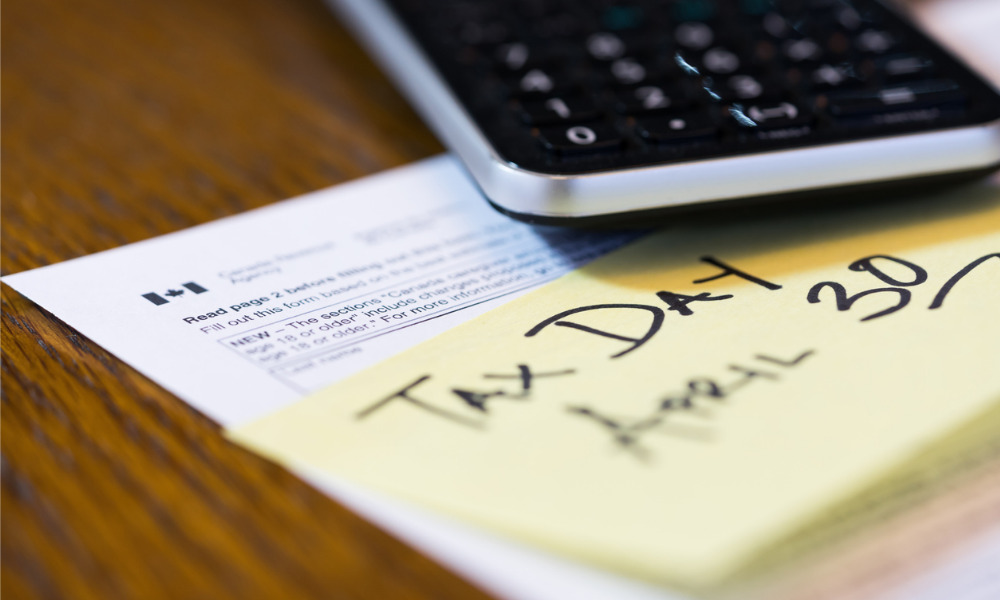More than 20,000 people sign accountant's appeal

Some accountants are concerned that, with the due date for Canadians to submit their taxes only days away, the public employees' strike might prevent low-income individuals from paying their taxes and obtaining access to the assistance they rely on. Contacting government experts has become much more challenging as a result of the strike by more than 35,000 employees of the Canada Revenue Agency, with certain services being discontinued and others experiencing significant delays.
Considering that the CRA was able to extend such exemptions during the beginning of the pandemic, chartered accountant Eric Saumure with Zenbooks told CBC he was "absolutely surprised" when Minister of Revenue Diane Lebouthillier declared last week that the tax deadline will not change due to the strike.
"There's gonna be penalties. There's gonna be interest. Canadians just don't have the money for additional penalties. They barely have enough to pay the taxes that that the government is putting in place."
By late Monday, 25,000 people had signed a petition that Saumure had created to move the self-employed tax return due date to June 15.
"This is really blowing up," he said, pointing to complications with CERB repayments and new tax credits that some people might need clarification on. "And the agents aren't there to support them."
"Benefits are set for the year and they start in July based on the taxes you're going to file now for the previous year," Marc d'Orgeville explained. "One aspect, which is critical for low-income Canadians is to file taxes to get their benefits."
The executive director of the EBO Financial Education Centre in Ottawa agrees with the petition's objectives but calls for a guarantee that those who fail to submit their taxes on time would still be able to receive essential services. In order for tax returns to be processed automatically, the government agency has urged citizens to submit online. It's not simple for everyone, according to Saumure and d'Orgeville.
"For lots of vulnerable and low-income Canadian, they don't have the skills or they have a locked account with CRA and they cannot get that information and they would not be able to file taxes without that," d'Orgeville said.
The Canada Revenue Agency should resolve the problem, according to Marc Brière, national president of the Union of Taxation Employees. He said that although workers would prefer to be on the phone than in picket lines, scheduling the strike in this way allows the union to exert pressure. An average week for the CRA involves 1,000,000 calls.
The government will continue to enforce the present deadline, according to CRA spokesperson Adam Blondin's comment in response to the filing-related issues.
"The CRA encourages Canadians to file on time in order to continue to receive the benefits and credits they are entitled to and to avoid late filing penalties," he wrote. "However, when circumstances beyond a Canadian's control prevent them from meeting their tax obligations, the CRA may grant relief from penalty or interest."
"I think that's a default answer. We don't suspect that every Canadian will be eligible," Saumure explained, noting that the assurance of a case-by-case examination won't bring much solace to anxious taxpayers.



